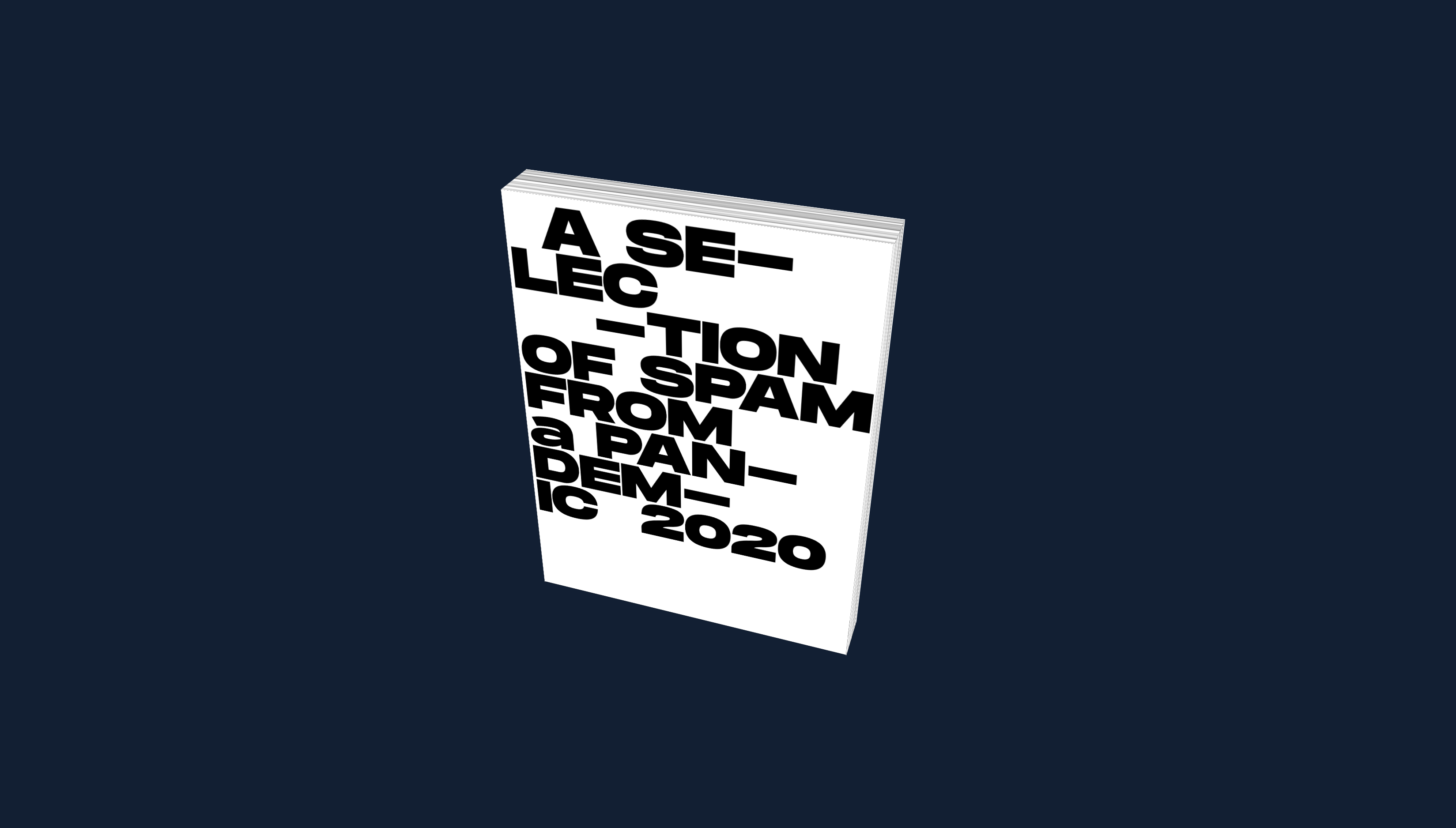A selection of spam from a pandemic

We have become increasingly accustomed to granular targeting of highly specific and accurate, targeting of an individual data profile or persona. Heinemeier Hansson the creator of Ruby on Rails and Founder & CTO at Basecamp recently tweeted; “The debate over targeted political advertisement keeps dancing tantalisingly close to the eventual conclusion:
“NO ADVERTISEMENT SHOULD BE TARGETED ON PERSONAL INFORMATION!”
As advertisements have taken over our browser and individualised social feeds it is easy to feel like the people of algorithms know everything about us. It can feel as if one minute you are liking a photo of a friend wearing some trendy new sunglasses the next your feed is flooded with targeted ads from resellers trying to sell you discounted Rayban. Often the question is asked how did they know this, did I linger too long on a particular post or the common are the listening to me through the microphone. This all too common experience can also have a counterpoint that can feel jarring and just as confusing as an impressively targeted advert. What happens when the algorithm gets it wrong, and the objects and persona that you use to construct your identity around are interrupted by something that is not how you would like the world to see you. It may feel watching day time television on a sick day home from work and noticing for the first time adverts for burial insurance playing on the guilt of landing family with a bill clearly not targeted at your demographic but the television can’t understand you are just having a day off
SPAM it seems is a great leveller in this respect. Blanket distribution of generic emails targeted on no one in particular. How this SPAM responded to the world in the face of a global pandemic reflects a broad base of concern and consumer wants if feels it can exploit.
In their book The meaning of things domestic symbols and the self Mihaly Csikszentmihalyi of the University of Chicago and Eugene Rochberg-Halton University of Notre Dame praise the television, describing it as a “medium has been hailed as the means of restoring human interconnectedness because it provides an instant sharing of information and emotions across continents and cultures.” (Csikszentmihalyi 1999). The connection and cross-cultural connectivity afforded the content a type of generality that provided a broad appreciation base. We must now question and contend with the machine or artificial intelligence (AI) that have altered and crossed the boundary from the human intelligence from we which previously sought self-recognition and how that content helped to frame our form.

This tools and algorithmic recommender systems seek to use our networks to alter our experience of the self in an agent-oriented fashion that seeks to influence and evolve the persons experience based on this available data for the user’s networks. These post-internet interactions that are mined and moulded and based on an algorithmic identity or binary self rather than the generic web which has proceeded this new paradigm in individualised consumption.
How do we now consider the form and our constructed identity in the self we see in content served by SPAM filtering into our isolation and it’s effect on our daily lives.